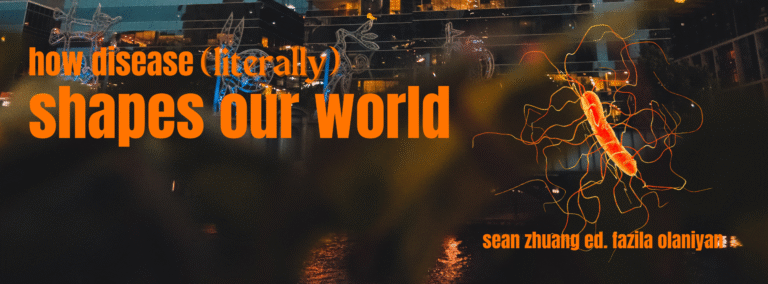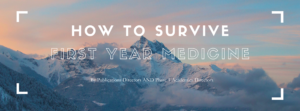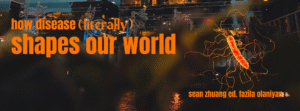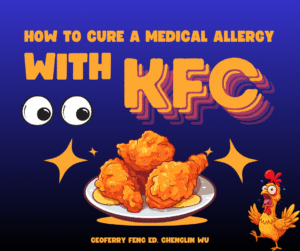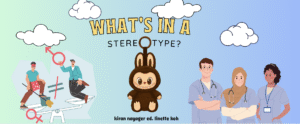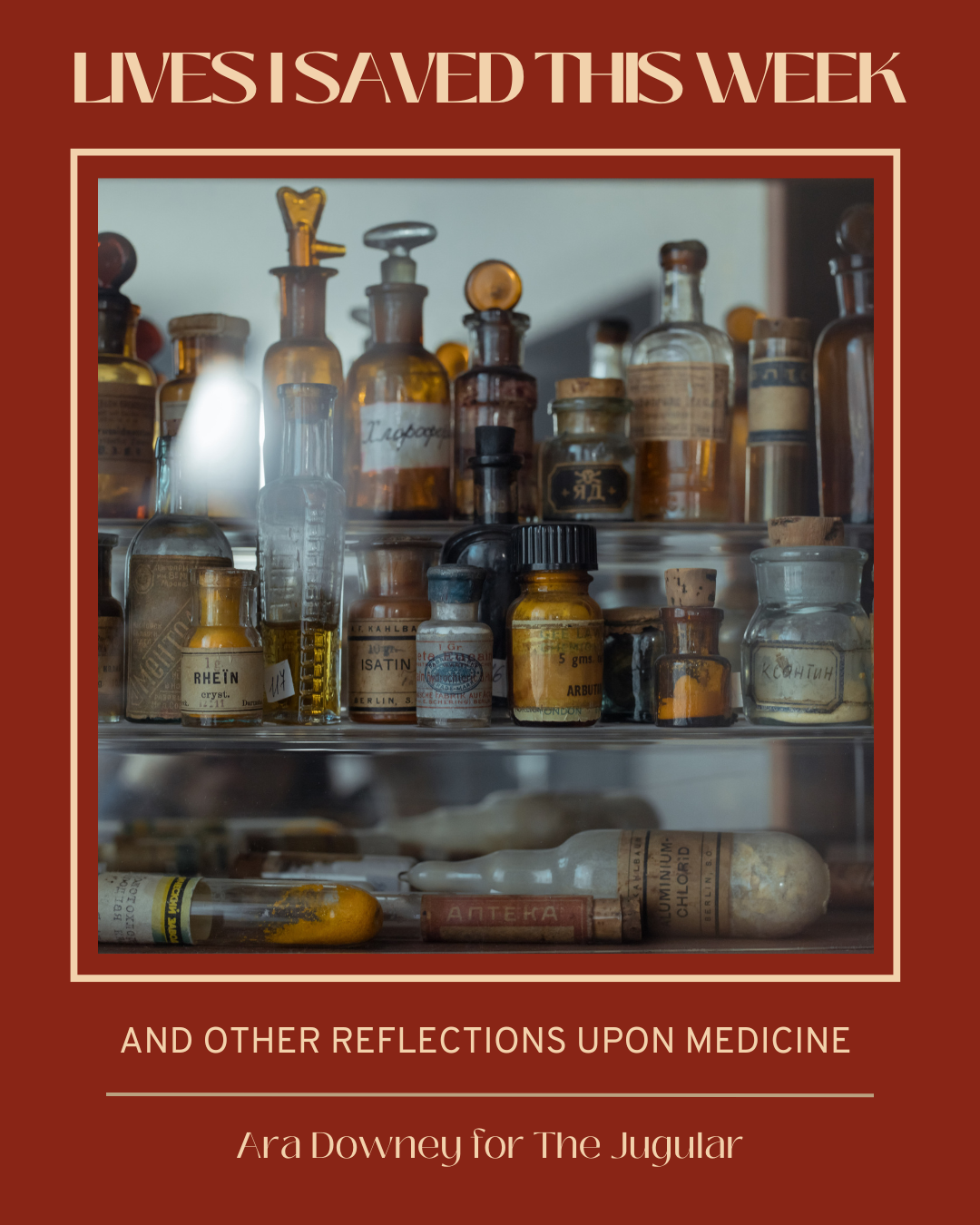
by Ara Downey
The first life I saved this week was when I was taking a history from a patient when an alarm went off. Using my exceptional medical knowledge, I quickly determined the source of the alarm was the IV pump detecting a blockage. A blockage! Fortunately, I was able to identify the issue – I was leaning against the table and compressing the tubing. Within seconds, I had fixed the problem. Phew! Millilitres of saline might have been blocked from reaching the patient’s veins if I had been too slow to react. The potential ramifications are obvious (dehydration → hypovolaemia → death) and I couldn’t help but pat myself on the back for a job well done. Lucky I was on the case, really.
It wasn’t long after that that I found myself face-to-face with a patient in urgent need of medical advice. A twenty-three-year-old man who had presented to the hospital for elective orthopaedic surgery – likely only moments from death – had asked if I knew when lunch would be served! Thinking back to my training, I advised him that he was probably being fasted pre-operatively (using fancy medical words like pre-operatively is something I do on a regular basis). He said he had already had his surgery that morning. I said I didn’t know what he was saying and then asked if I could report my findings to my supervisor.
I was about to leave the patient, congratulating myself on yet another successful life saved, when I remembered what I had noticed when performing my general inspection and noticed something out of place. My goodness! The curtain had been left open! Knowing that patient satisfaction is paramount to excellent outcomes, I asked if he would like me to restore the curtain to its proper position. The patient said no, and my supervisor (the intern I was following around like a lost puppy) said that the curtain had actually been open when we entered. Regardless, it’s only a matter of time before I’m able to prevent a life-threatening inconvenience with my keen eye for detail.
The third and final life I saved this week was an elderly woman who called for my help as I passed. Hark! A patient in distress! I darted in, ready to perform basic life support within my scope of practice. After quickly assessing for danger I was able to ascertain that she was, in fact, breathing, as she was speaking in full sentences. When I asked how I could be of assistance, she gestured across the room where her table had been rolled away and asked if I could pass her a bottle of water! Rest assured I wasted no time in doing so. Then, as part of my commitment to going above and beyond, I offered to open the bottle for her. This time she accepted my offer, and I was reminded that all those hours in the gym are ultimately a means for me to further my commitment to patient care. Another case of probable death from dehydration avoided.
With great power comes great responsibility, and I reflect with pride upon the great medical outcomes experienced by my patients. We hold their lives in our hands, and it’s easy to get caught up in the stress of biomedical exams and OSPIAs; at the end of the day, we can’t forget what we’re here to do – to save patients from the threat of hypovolaemia.
Another great week of saving lives awaits.








